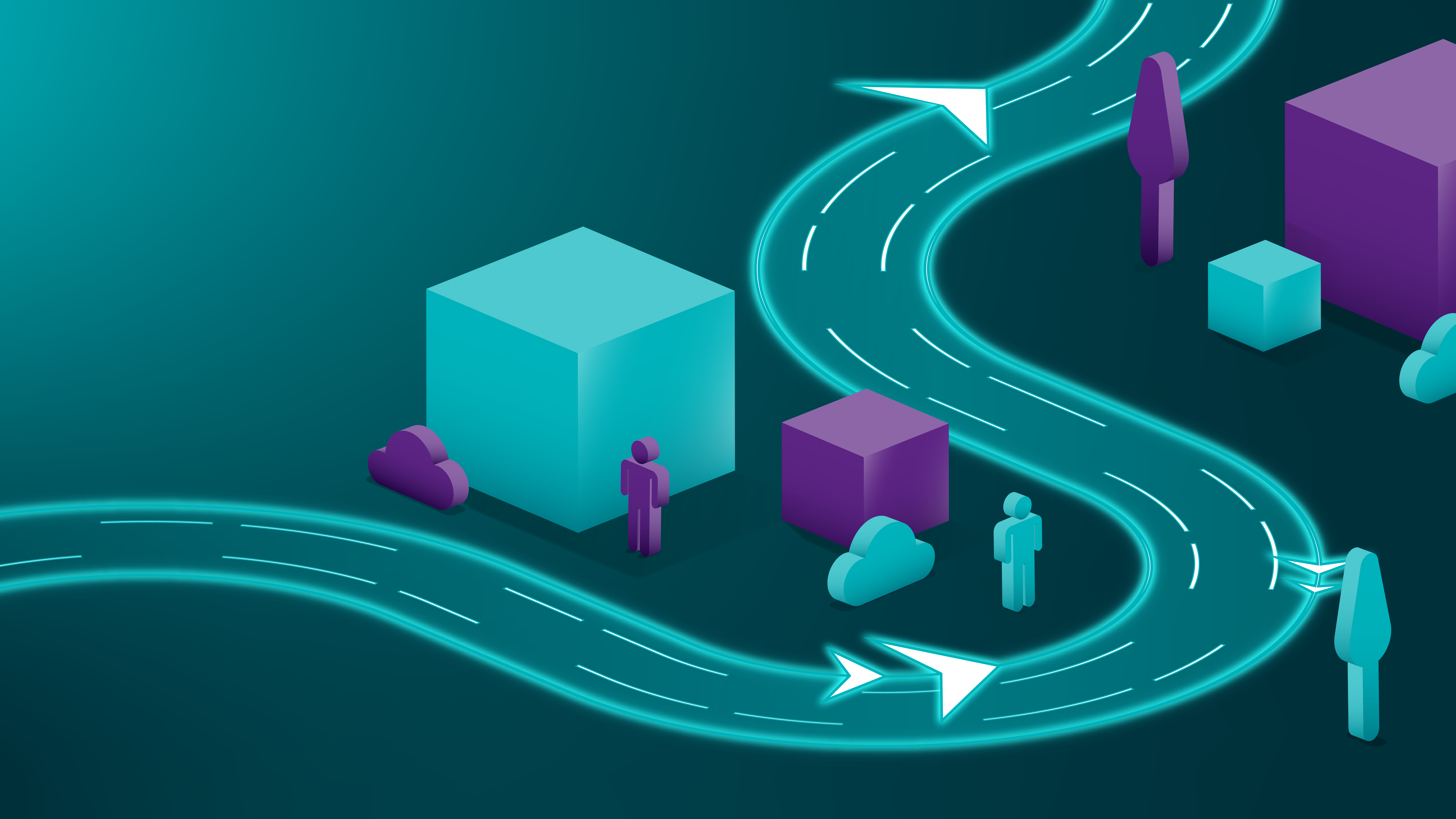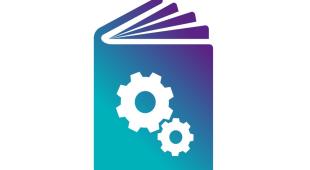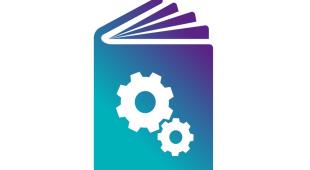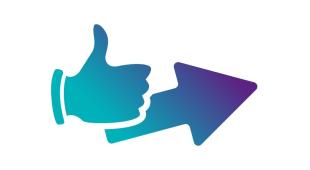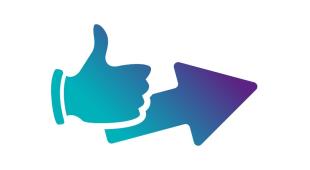Activities
1. Initiate data workshops
Organising a data workshop is an excellent way to initiate discussions on topics such as open data and the reuse of public sector information [1], open source [2], data access and the reuse and cross-linking of data analysis [3] [4].
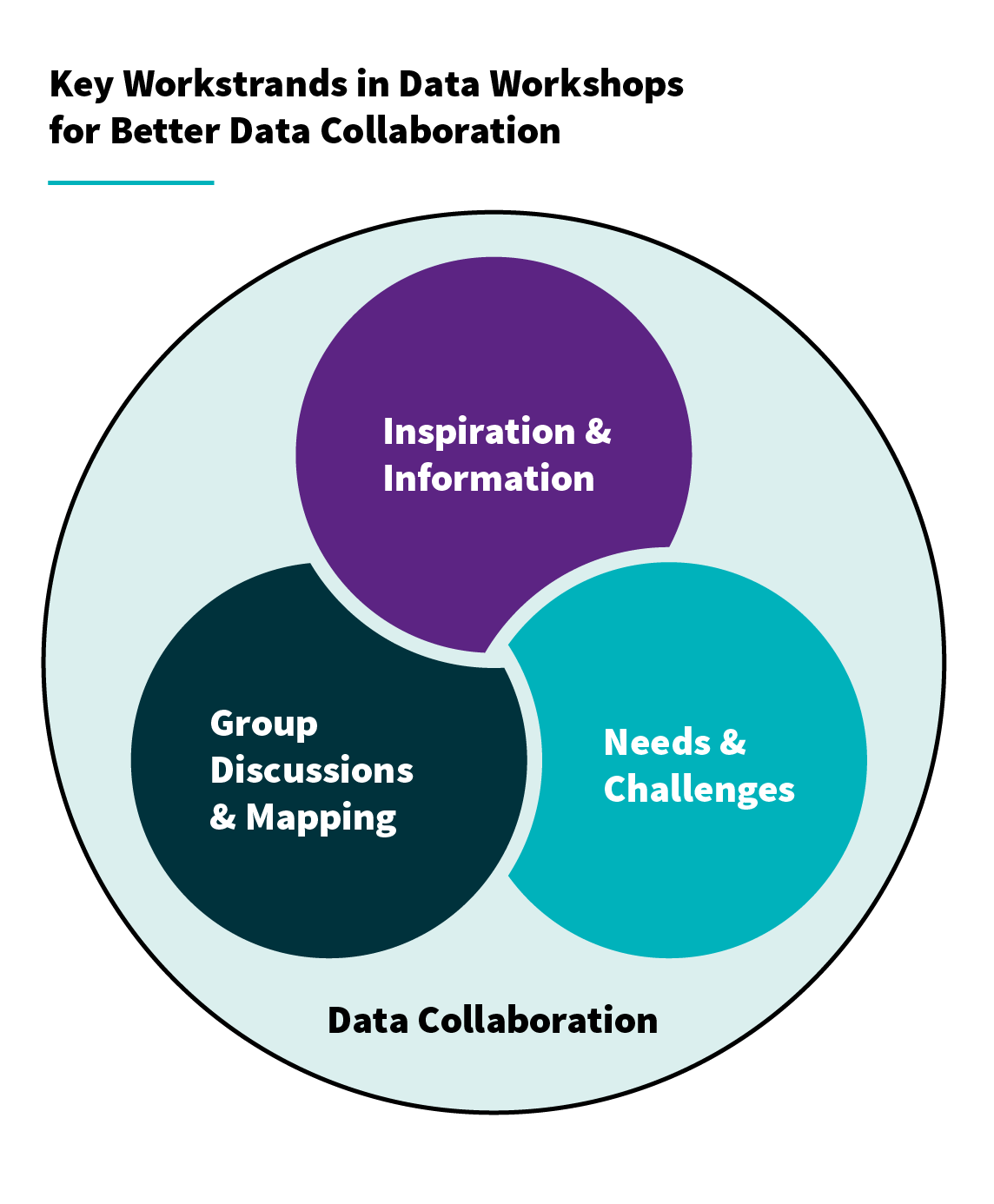
You could structure the workshop into three parts:
- Providing information and inspiration on the opportunities and potential of public data use, open data, and open source. It is first important to give basic insights on the smart infrastructure like databases, data catalogue, data platform, data quality, server- and cloud infrastructure. And secondly give information on smart services based on the data-usage like apps, dashboards, digital twins etc. as promoted in European smart-city support initiatives [5]
- Discussing specific needs and challenges related to data usage within your organisation, including organisational and governance aspects that enable interoperable digital public services [4]
- Engaging in group discussions and creating mind maps on the required technical infrastructure, necessary skills, and data silos. For this part don’t hesitate to use existing digital canvas or boards for data mapping from other similar projects and municipalities (e.g., shared solutions and reusable components catalogued on EU interoperability platforms) [6], to avoid missing relevant aspects.
It is advisable to organise the workshop with employees from various administrative departments. Depending on your level of action, inviting local political representatives may also be beneficial. The workshop should serve as the starting point for a long-term innovation journey, where cooperation and collaboration among a wide range of regional stakeholders (both public and private) will be crucial [4].
Don’t forget to communicate and document this workshop since following activities will rely on to it.
2. Develop a basic data strategy
In order to establish a clear data governance, and to identify potentials and goals, your organisation should develop a basic data strategy as concept or framework. As such, you will avoid that each subproject involved in the process will collect and use data, define different standards or develop their own understanding of data ethics. Therefore, a common data strategy is a must-have in a data-driven framework [7].
The data strategy can be a separate document or can be integrated in the smart city or digital strategy of a city or region. In the digital strategy you define clear action fields, that commit to various stakeholders. In each action field different measures to achieve your goals and visions can be described. As an example, the Data Strategy of the German Government relies on four topics [7][8]:
- Making data infrastructures efficient and sustainable
- Increase innovative and responsible use of data
- Increase data literacy and establish a data culture
- Making the state a pioneer institution.
It is important to include early in the process participation measures and communication [8].
In the beginning of a data strategy development process, you should first set a common data ethic within your group. The Code of Data Ethics of Munich is a good example of a short document, which intends to encourage and provide certainty about how the administration uses data only for the benefit of the urban society [9]. More broadly, public-sector data ethics principles (e.g., OECD) can help structure responsible decision-making and operationalise ethics across the data lifecycle [10]. The city declares its own responsibility in dealing with data (for example, when it comes to the question of what data is shared and with whom) and sets guidelines concerning risks, discrimination bias, and the implementation of new technologies such as AI models [9][10]. You and your organisation could define a set of questions, which need to be answered prior to implementing new data based public services:
- Is the data basis for the respective AI models free from systematic distortions (bias)? How will the citizens data be used? [11]
- (How) should AI generated content be labelled? [13]
Regardless of which kind of strategic papers you draw for your data governance you deal along the way with the fundamentals of data collection: data integration, data quality, data management, data security, data protection and data consolidation [11][12].
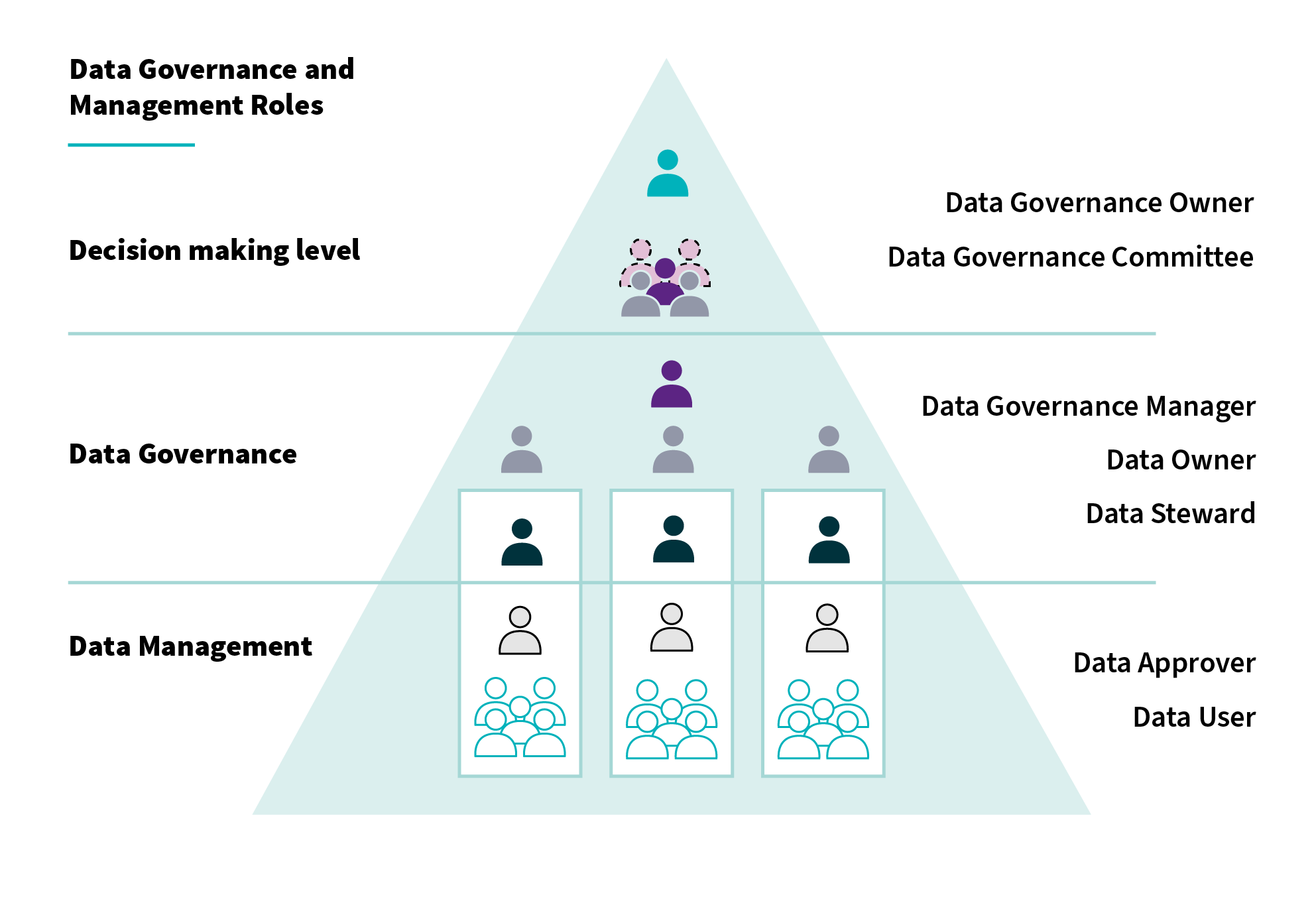
3. Do a status quo & gap analysis
Besides the general and theoretical framework described in the activities above, it is important to deep dive in to a status quo & gap analysis of your data lakes. The analysis should answer questions like: Where are the data silos? Who are the important internal and external stakeholders with access or even special right or license to use the data? A structured way to start is to build an inventory of systems/data assets and review access control and cybersecurity risk management measures aligned with EU cybersecurity expectations.[18][19]. For this type of exercise it can be very efficient to contract external consulting since the topic of discussion can quickly move into technical details or enhance internal conflicts. A neutral third party can help to focus on the facts.
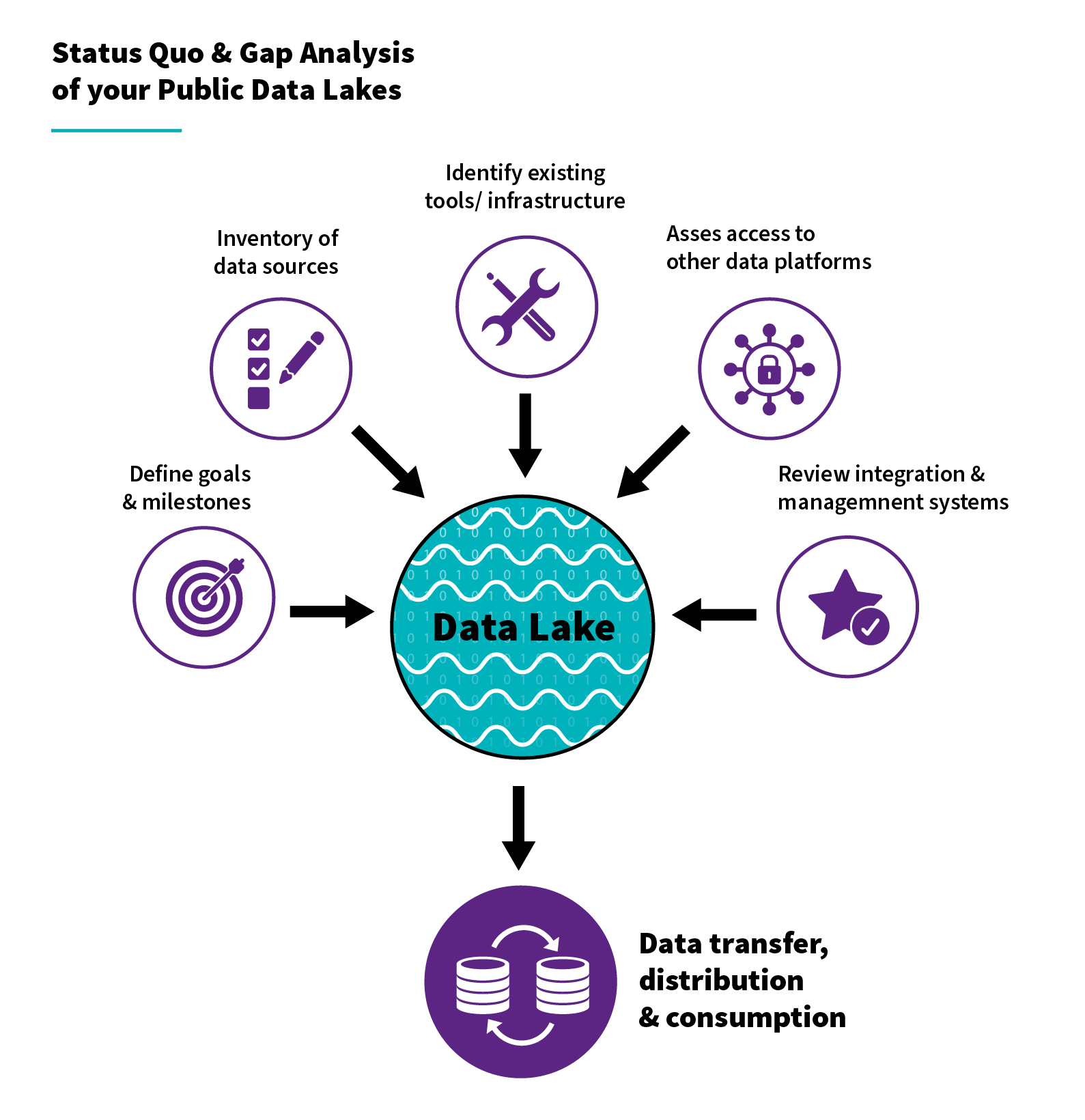
To start your Status Quo analysis, we gathered insights from experts at aconium:
- Set an overview of existing data sources and databases
- Determine goals and milestones
- What tools or infrastructure already exists and can be further used?
- Is there access to other data platforms?
- Data integration and management: Geodata infrastructure (GDI), Smart District Data Infrastructure (SDDI), (Meta) data catalogue, Digital twin [15][16][17]
General questions to be answered:
- Where is the required data located and in what format?
- What is the purpose of the data?
- What licence does the data have?
- Who is authorised to see this data?
4. Secure basic technical infrastructure & skills
“Digital transformation describes the holistic adaptation process of an organisation through the integration of modern technologies. The switch from analog working methods to digital formats and electronic data transfer requires a rethink in almost all areas” aconium [23]
In the early stages of your data-driven journey it is crucial to secure basic technical infrastructure and skills in your administration. You may need to contract new experts but regardless of that you will need to push the digital skills and understanding of your current staff. This basic understanding includes modern public digital services, data analytics, open data, the sensible use of AI models and cybersecurity supported by EU digital competence frameworks and public-sector training initiatives [20][24]. The goal is to enhance the awareness of the staff towards the possibilities and risks digitalisation holds to improve public services.
Data literacy as basic knowledge
To get Fit for the digital world of work you can use E-Learning. They offer a comprehensive approach, independent of time and place!
eGovernment MONITOR of the D21 initiative: annual study on the acceptance and use of digital administrative services in Germany, Austria and Switzerland. By collecting data and publishing information on this topic, the initiative hopes to see a significant increase in the awareness and use of online services in the coming years. [25]
Links:
- Public Data Platforms as Drivers of Economic Development, CORA & COM³ https://ruraldigital.eu/public-data-platforms-as-drivers-of-economic-development/
- initiatived21.de
- eGovernment MONITOR 2024 https://initiatived21.de/uploads/03_Studien-Publikationen/eGovernment-MONITOR/2024/egovernment_monitor_24.pdf
- European Commission (Hrsg.) (2024): 2024 Open Data Maturity Report, Luxembourg, S. 6. https://data.europa.eu/sites/default/files/odm2024_full_report_0.pdf
Resources
D4A Best Practices
- aconium Urban Digital Article on Open Data https://urban-digital.de/offene-daten-offene-tueren/
"Go deeper" - Insights on a Method: Design Thinking
- D4A tested method: Content from the Co-Creation Event in Veijle
- D4A Regional Data-Ecosystem Processflow by Intercommunale Leiedal
Academic papers
- Data Interoperability, University of Oldenburg
D4A Training Modules
Sources
- [1] European Union (2019) Directive (EU) 2019/1024 on open data and the re-use of public sector information. Available at: https://eur-lex.europa.eu/eli/dir/2019/1024/oj/eng
- [2] European Commission (2020) Open source software strategy. Available at: https://commission.europa.eu/about/departments-and-executive-agencies/digital-services/open-source-software-strategy_en
- [3] Publications Office of the European Union (n.d.) DCAT-AP for data portals in Europe (EU Vocabularies). Available at: https://op.europa.eu/en/web/eu-vocabularies/dcat-ap
- [4] European Commission (2017; page updated n.d.) European Interoperability Framework (EIF) (COM(2017)134) – guidance for interoperable digital public services. Available at: https://interoperable-europe.ec.europa.eu/collection/iopeu-monitoring/european-interoperability-framework
- [5] European Commission (n.d.) Smart cities and communities – including the EU Local Digital Twins Toolbox. Available at: https://digital-strategy.ec.europa.eu/en/policies/smart-cities-and-communities
- [6] European Commission (n.d.) Joinup (Interoperable Europe Portal) – one-stop shop for sharing and reusing interoperability solutions and good practices. Available at: https://ec.europa.eu/isa2/solutions/joinup_en/
- [7] German Federal Government (2021) Data Strategy of the Federal German Government (English PDF). Available at: https://www.bundesregierung.de/resource/blob/974430/1950464/39b825e852ca60a299e61da93520bc88/2021-08-12-datenstrategie-en-data.pdf?download=1
- [8] Open Government Deutschland (2021) Federal Government Data Strategy published. Available at: https://www.open-government-deutschland.de/opengov-en/content/federal-government-data-strategy-published-1958736
- [9] Landeshauptstadt München / muenchen.digital (n.d.) Datenethikkodex. Available at: https://muenchen.digital/projekte/datenethikkodex.html
- [10] OECD (2020) OECD Good Practice Principles for Data Ethics in the Public Sector. Available at: https://www.oecd.org/en/publications/oecd-good-practice-principles-for-data-ethics-in-the-public-sector_caa35b76-en.html
- [11] European Union (2016) Regulation (EU) 2016/679 (General Data Protection Regulation – GDPR). Available at: https://eur-lex.europa.eu/eli/reg/2016/679/oj/eng
- [12] European Union (2022) Regulation (EU) 2022/868 on European data governance (Data Governance Act). Available at: https://eur-lex.europa.eu/eli/reg/2022/868/oj/eng
- [13] European Commission (2025) Code of Practice on marking and labelling of AI-generated content. Available at: https://digital-strategy.ec.europa.eu/en/policies/code-practice-ai-generated-content
- [14] Publications Office of the European Union / data.europa.eu (n.d.) Data Quality Guidelines. Available at: https://op.europa.eu/webpub/op/data-quality-guidelines/en/
- [15] Connected Urban Twins (2024) Datengovernance – Handlungsfeld Metadatenkatalog (PDF). Available at: https://www.connectedurbantwins.de/app/uploads/2024/12/CUT_Metadatenkatalog_v1.0.pdf
- [16] Geodateninfrastruktur Deutschland (GDI-DE) (n.d.) Welcome to the SDI Germany. Available at: https://www.gdi-de.org/en
- [17] Bayern Innovativ (n.d.) SDDI Guide. Available at: https://www.bayern-innovativ.de/en/en/page/sddi-guide/
- [18] ENISA (2025) Technical implementation guidance on cybersecurity risk management measures (version 1.0) (PDF). Available at: https://www.enisa.europa.eu/sites/default/files/2025-06/ENISA_Technical_implementation_guidance_on_cybersecurity_risk_management_measures_version_1.0.pdf
- [19] European Union (2022) Directive (EU) 2022/2555 (NIS2 Directive) on measures for a high common level of cybersecurity across the Union. Available at: https://eur-lex.europa.eu/eli/dir/2022/2555/oj/eng
- [20] European Commission, Joint Research Centre (2022) DigComp 2.2: The Digital Competence Framework for Citizens (JRC publication). Available at: https://publications.jrc.ec.europa.eu/repository/handle/JRC128415
- [23] aconium GmbH (n.d.) Digital transformation and OZG. Available at: https://aconium.eu/transformation/digital-transformation-and-ozg/?lang=en
- [24] European Commission (n.d.) Advanced digital skills training programme for civil servants. Available at: https://commission.europa.eu/projects/advanced-digital-skills-training-programme-civil-servants_en
- [25] Initiative D21 and Technische Universität München (2024) eGovernment MONITOR 2024 (publication page). Available at: https://initiatived21.de/publikationen/egovernment-monitor/2024
